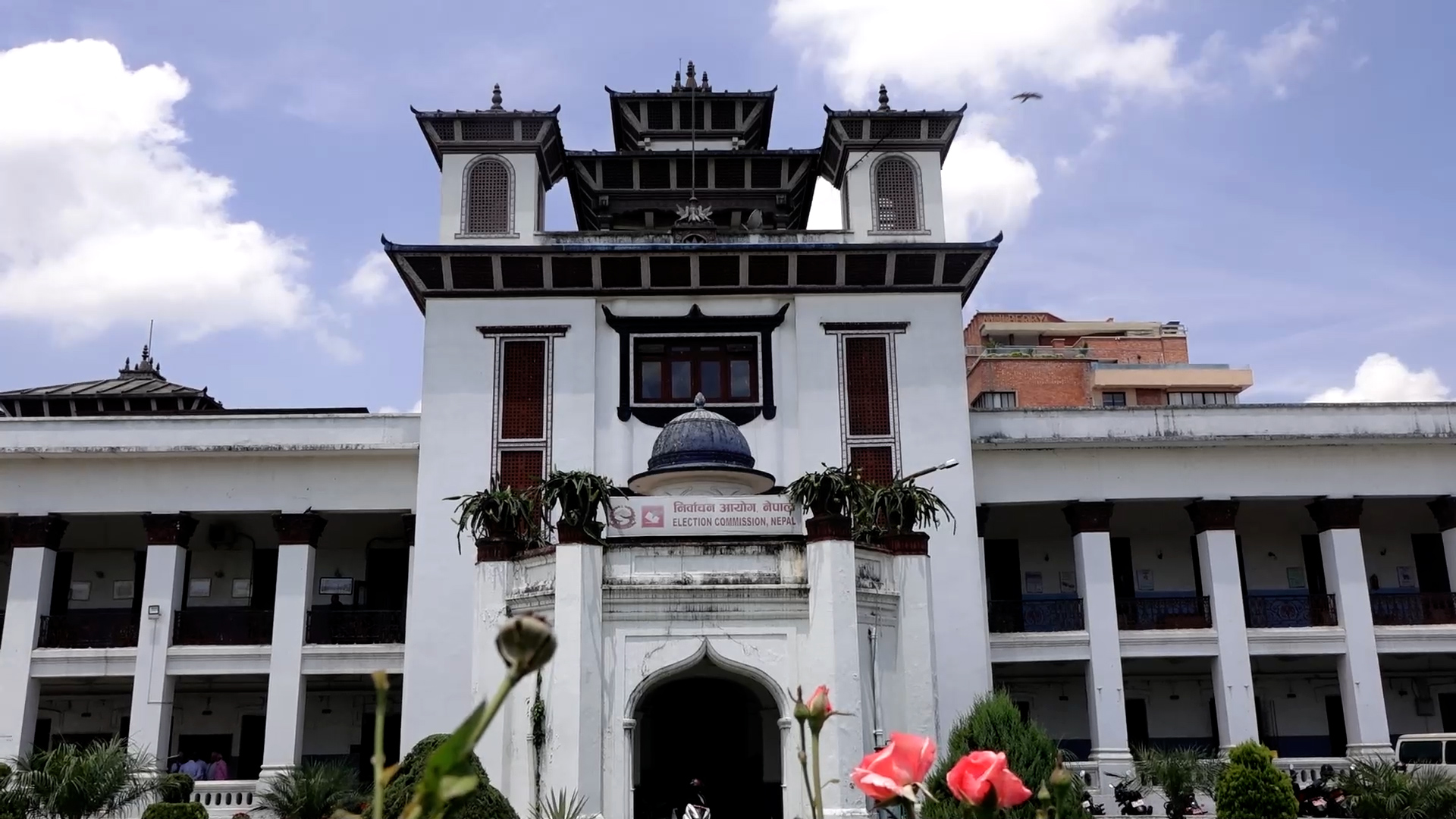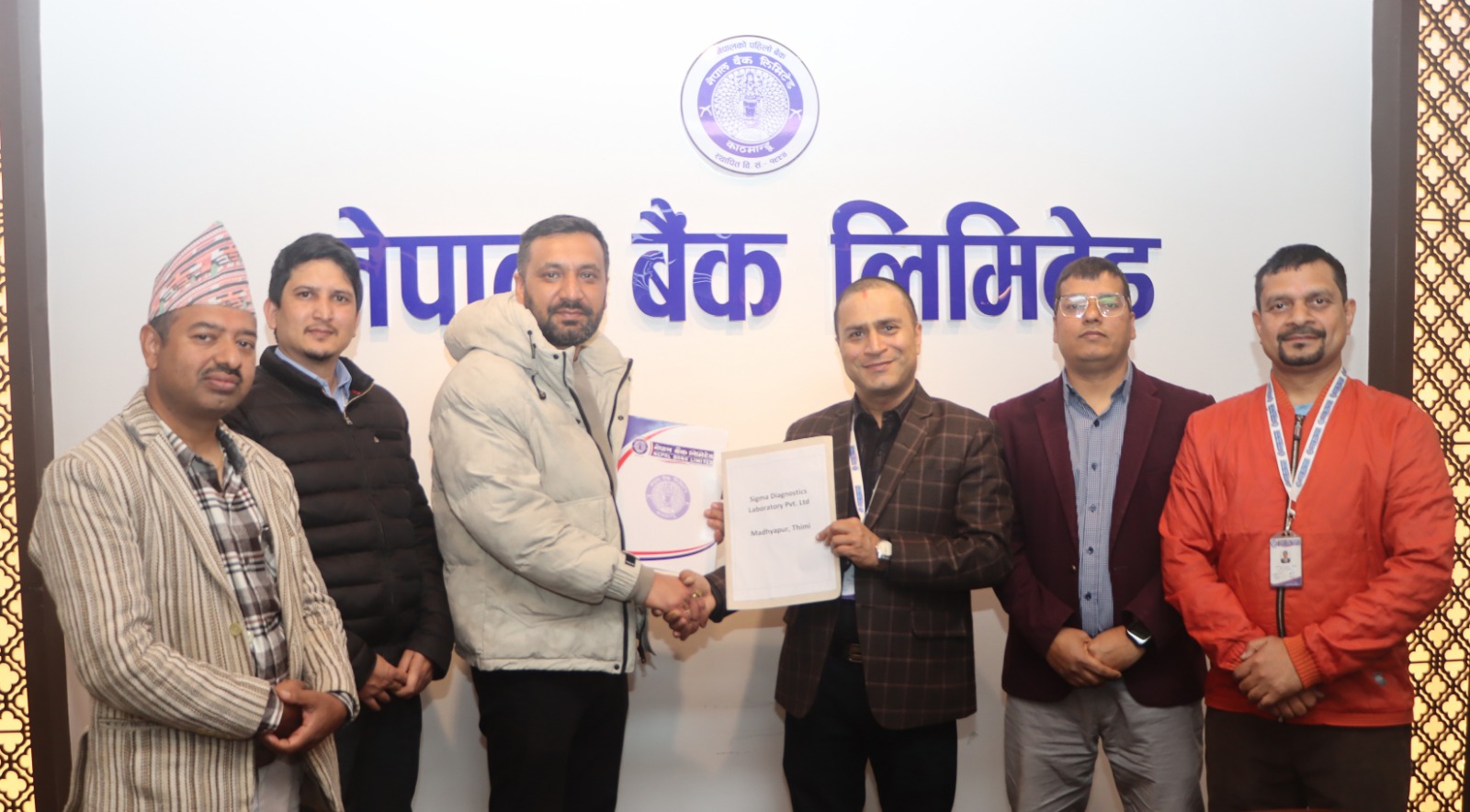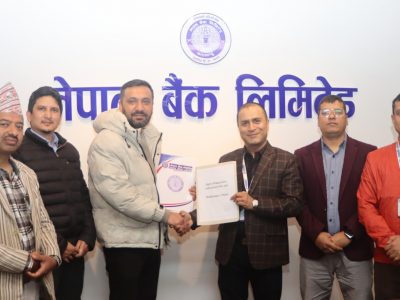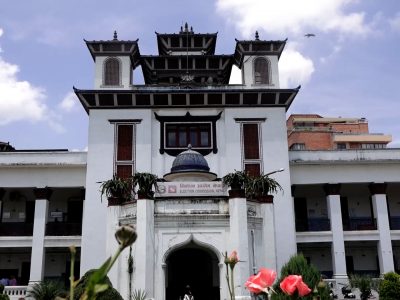Nepali students subjected to second-rate treatment in Australia
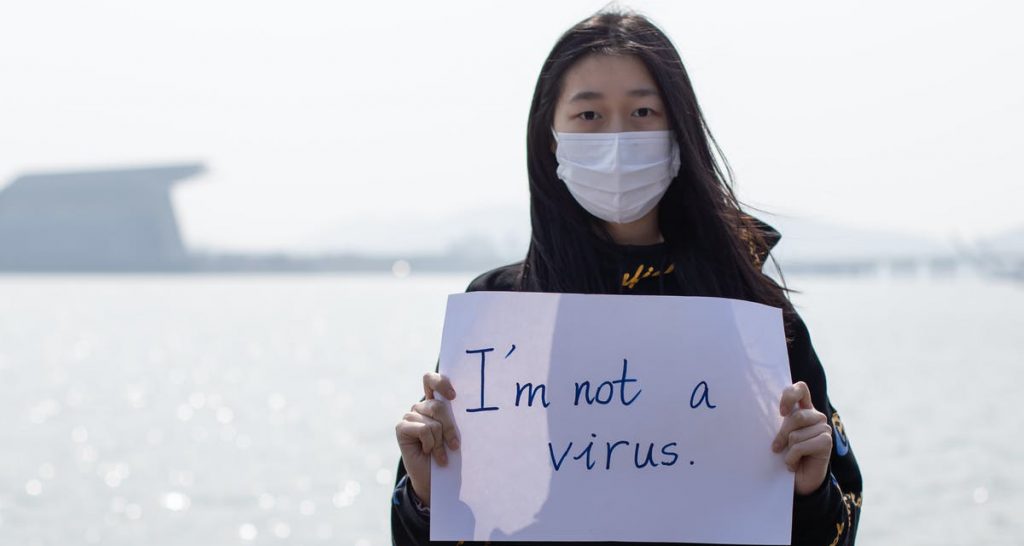
Kathmandu. The coronavirus pandemic has forced thousands of immigrant students in Australia to make a living by facing exclusion and racial discrimination. International students and temporary immigrants have lost their jobs and are even unable to afford bare necessities. Three out of five students doubted whether they could suggest other aspiring Nepali youths to go to Australia to study or work because of the rejection and discrimination they suffered during the pandemic.
A survey of 6,105 foreign students and temporary immigrants in July found that 70 percent of participants had lost their jobs fully or partially, crippling their inability for sustenance. 7 percent or 428 participants of the survey were Nepalis. 69 percent (295 individuals) discourage others to come to study or work in Australia. The study was conducted by Bassina Farbenblum, Associate Professor of Law at the University of New South Wales and Laurie Berg, Associate Professor at the University of Technology Sydney and Deputy Director of the Migrant Workers’ Justice Campaign.
Their suffering includes probable bankruptcy, racial discrimination, physical assaults as well as hate speech directed at them. A Vietnamese student told, “They pushed me, saying I was the cause of COVID-19 and that I had to get out of there.” A Chinese student was hit by an egg on the way home from school. Largest pool of foreign students studying in Australia are Chinese, Indians and Nepali respectively.
“I feel that the Australian government does not think of temporary visa holders as human beings, only money-making machines. It is amazing that the Prime Minister is consoling his country’s citizens that we are all together and telling immigrants to go home during a pandemic.” said a female student from India.
According to the survey, one out of every five people indicated their inability to return due to closed national borders. Berg warns about the diplomatic and financial consequences of the present policy of the Australian government. “Due to the suffering in Australia, they will return home to become leaders in business and politics and will have a socially influential role in the field. They will not forget the experience they had during this period which could cost the nation heavily in the long run,” she remarks.
Facebook Comment
latest Video
Trending News
- This Week
- This Month


